More than a decade after the outbreak of the Syrian Civil War, the unexpected fall of the Assad regime shocked many commentators and world leaders who believed that President Bashar Al-Assad had firmly consolidated his power. This development demonstrated that despite enduring years of civil war, Syria continues to hold strategic relevance at both regional and international levels. The conflict has provided an opportunity for regional and global powers to establish a presence in the country, amplifying the impact of the regime's collapse far beyond Syria's borders. Notably, the fallout has produced clear winners, with Turkey and Israel at the forefront, and losers, including Russia and Iran. Meanwhile, some European countries have discreetly benefited from the situation without openly acknowledging their gains.
The Winners
Turkish President Recep Tayyip Erdogan stands as one of the primary beneficiaries of the fall of the Al-Assad regime. His persistence in supporting the Syrian opposition for over a decade arguably earns him this strategic advantage. Although Erdogan recently expressed interest in normalising relations between Syria and Turkey, this appears to have been a tactical move conducted alongside efforts to support armed factions and prepare for Al-Assad’s overthrow.
Domestically, Erdogan is poised to capitalise on the regime’s collapse ahead of the 2028 elections. For instance, the dynamics of the Syrian Kurdish conflict have long influenced Turkey’s own Kurdish issue and Erdogan’s broader ambitions to consolidate power. As he eyes another presidential term, Erdogan faces a constitutional hurdle preventing him from running again. To address this, he aims at Kurdish backing for his plans to remain in power. Weakening the Syrian Kurds, a critical step in this strategy, is now more feasible with Al-Assad’s fall. Erdogan has also been courting the pro-Kurdish party, whose parliamentary seats, when combined with those of his own coalition, could provide the majority needed to amend the constitution.
With that in mind, Erdogan has initiated discussions with the imprisoned leader of the Kurdistan Workers’ Party (PKK), a move that may align with his broader strategy to address Kurdish issues. Recent developments in Syria could further bolster his efforts. A significant obstacle to Erdogan’s pursuit of another presidential term is the issue of Syrian refugees. While refugees once played a role in enhancing Erdogan’s regional influence—through his open-door policy and the substantial political and financial support received from the EU following the 2015 migration wave—they are now viewed as a domestic burden. Economic challenges in recent years have intensified nationalist opposition to the presence of 3.6 million Syrian refugees in Turkey, eroding Erdogan’s support. Erdogan has once sought Al-Assad’s cooperation in facilitating the repatriation of these refugees, but Al-Assad’s reluctance has hindered progress. With the regime now out of the picture, Erdogan hopes that refugees will voluntarily return to Syria. Although this process is unlikely to unfold as smoothly as Erdogan envisions, he may leverage any progress to claim success in resolving the issue, strengthening his position ahead of the elections.
Israel has emerged as another key beneficiary of the regime change in Syria. The fall of Al-Assad dealt a significant blow to Israel’s archenemy, Iran, which had been one of Syria’s most critical regional allies. In the aftermath of the regime’s collapse, Israel conducted hundreds of airstrikes on military and naval installations across Syria, targeting chemical weapons stockpiles and missile sites in particular. Concurrently, Israeli Defence Forces advanced toward the demilitarised zone in the Golan Heights.
Although Syria’s de facto leader, Ahmed Al-Sharaa, pledged adherence to the 1974 buffer-zone agreement, Israel justified its operations as necessary to neutralise suspected chemical weapons and long-range rocket sites, aiming to prevent these assets from falling into the hands of “extremists.” However, Israeli Prime Minister Benjamin Netanyahu’s actions appear to extend beyond immediate security concerns. Netanyahu views the developments in Syria as a transformative moment, likening them to the Sykes-Picot Agreement. For Netanyahu, the fall of Al-Assad represents an opportunity to secure a strategic foothold in Syria. This perspective aligns with narratives in Israeli media, which envision a fragmented Syrian state. In an interview with The Times of Israel, a former Israeli military official suggested that Syria could fragment into a collection of cantons—a scenario Israel could leverage to cement its influence in the region.
The two states, Turkey and Israel, now appear to be in competition over who stands to gain the most from the evolving situation in Syria. For Erdogan, Syria represents a critical boost to his political career. While his gains are primarily domestic, they offer him an opportunity to demonstrate to his supporters that Turkey can extend its influence beyond its borders. This comes after the decline of the Islamist, neo-Ottoman agenda in 2013. However, it would be unrealistic to assume that Erdogan’s previous ambitions can be fully revived. Despite notable achievements, Erdogan’s successes remain limited in scope. In contrast, Israel seems to be securing the larger share of strategic gains. Following October 7, there was considerable uncertainty about Israel’s future in the region. Yet, recent developments have significantly shifted the dynamics in its favour. Israel has weakened Hamas’s military infrastructure, targeted Hezbollah’s leadership, and forced the group to accept ceasefire terms it had long resisted, effectively isolating Hamas and diminishing Iran’s influence as a regional power. Additionally, Israel has carried out sophisticated strikes within Iran, showcasing its strategic reach. The collapse of the Assad regime in Syria further underscores Israel’s ability to undermine Iranian regional power. These developments position Israel to capitalise on this favourable sequence of events, fostering regional alliances and shaping a new regional order aligned with its interests.
The Losers
The discussion about winners inevitably brings us to the conversation about losers, with Iran and Russia leading this category. For Iran, the consequences are particularly severe. The loss of the land corridor stretching from its borders to Israel marks the collapse of a critical strategic investment that Tehran had been cultivating for decades. Syria was the key player of Iran’s Axis of Resistance against Israel and the U.S., providing a vital channel for supplying weapons and support to Hezbollah in Lebanon. Furthermore, the Al-Assad regime served as a reliable buyer of Iranian oil, which has limited markets due to international sanctions. With its Axis of Resistance weakened by consecutive setbacks, Iran faces the challenge of rebuilding its regional influence. While Iranian-linked militias in Iraq and the Houthis in Yemen remain operational, they are peripheral to the core conflict with Israel. Rebuilding the Axis of Resistance to its former strength will likely take years, leaving Iran significantly diminished in the interim.
Russia, too, has faced losses, though these are humble compared to Iran’s. The naval base at Tartus, Russia’s only warm water port, has long been a strategic asset, allowing Moscow to project power into the Mediterranean and challenge NATO’s presence in the region. The air base at Khmeimim, with its advanced air defence systems, bolstered Russia’s ability to influence regional dynamics, particularly in Israeli attacks over Syria. Israeli airstrikes against Iran-aligned targets in Syria had to account for the presence of Russian defences, underscoring Moscow’s pivotal role. However, Russia’s losses are mitigated by potential compromises with Syria’s new leadership. Moscow has signalled its willingness to provide humanitarian support in exchange for continued access to Tartus and Khmeimim. Reports suggest that Hay’at Tahrir al-Sham (HTS), may allow Russia to retain some or all of its bases. If Russia can maintain its lease on the Tartus port and keep a foothold in Khmeimim, it would preserve access to its sole deepwater naval facility in the Mediterranean. While the loss of broader influence is undeniable, Moscow may still secure enough strategic assets in Syria to maintain a regional presence, albeit diminished. HTS’s approach to Russia underscores a future pragmatic stance, emphasising interests over ideology.
And the Hesitant
While the winners and losers in the Syrian case are becoming clear, a third group—those yet to firmly decide their stance—remains. European countries are taking timid steps moving toward the new Syrian administration opting for a cautious approach rather than a bold one. Grappling with the complexities of a political transition led, in part, by former members of extremist groups still listed on the EU sanctions list, European countries seem to be reluctant to face any moral blame at the moment. For instance, the UK has publicly declared it too early to revise its position on HTS.
The EU’s hesitation is evident in the statements of its leaders. For example, Kaja Kallas, the new EU foreign policy chief, avoided directly addressing engagement with Syria’s new leadership in her first remarks, focusing instead on broader principles such as avoiding violence, respecting international law, and protecting minorities. Similarly, European Commission President Ursula von der Leyen emphasised Europe’s readiness to support rebuilding a Syrian state that safeguards national unity and protects all minorities. These statements reflect a tentative approach, balancing diplomatic caution with the recognition of potential opportunities.
One driving factor behind Europe’s eventual engagement is the refugee issue, which has significant domestic implications. As far-right sentiments gain traction within the bloc, anti-refugee narratives have intensified. European nations, including Italy and Greece, had previously signalled a willingness to normalise relations with the Al-Assad regime, motivated largely by efforts to address the refugee crisis. In the immediate aftermath of Assad’s fall, several countries paused asylum applications, Austria went further by announcing a deportation plan. Establishing diplomatic relations with the new Syrian regime would provide a “legal” channel for returning Syrian refugees or, at the very least, halting new asylum claims. Beyond the issue refugees, Europe also stands to gain from Russia’s diminished influence in Syria. In her remarks, Kallas hinted that the EU would address the issue of Russian military bases in Syria during preliminary discussions with HTS. Weakening Moscow’s strategic foothold in the region aligns with broader European and Western interests, further incentivising engagement.
Despite these potential benefits, the EU remains hesitant to engage decisively with the new Syrian administration. This caution stems from the risk of backlash for collaborating with a group still designated as a terrorist organisation. Nonetheless, pragmatism will likely prevail. Diplomatic relations between the two sides are expected to materialise, driven by mutual interests, including resolving bilateral issues such as refugees and regional stability.
Additionally, there are other players whose role should not be overlooked. While the U.S. has already carried out several airstrikes on Syria following the regime fall, it is expected that the approach of the Biden administration, which has already tried to take credit for the fall of Al-Assad, is different from Trump’s. Giving his comments over the sudden regime fall, Trump asserted that it is not America’s war and that the latter should not be involved. On the other side, Arab countries while might not be directly involved in the fight in Syria, they will be definitely impacted by this major change. However, there is no doubt that their situation will be far from easy especially in determining which force to cooperate with, the Turks or the Israelis, because a neutral stance is not affordable in this case.
Finally, the situation in Syria is far beyond complicated. There are gains and there are those who are deemed to reap them. The competition between Turkey and Israel over influence is something that the world would witness in the upcoming few years. However, while it now seems that Turkey is having its moment, Israeli gains, if well capitalised, would be significant and could have a regional chain reaction. While Russia can mingle its own way through the current situation, Iran’s position is very difficult and the options left for the revival of the Axis of Resistance do not seem viable. While some other states are yet to decide how to react, it is no doubt that the fall of Al-Assad is far-reaching making it the highlight of the 2024 political scene and a rich start for 2025.
References
Gray, Andrew. “EU Should Ease Syria Sanctions in Return for ‘Positive Steps’, Top Diplomat Kallas Says | Reuters.” Reuters, 2024. https://www.reuters.com/world/middle-east/extremism-russia-iran-have-no-place-syrias-future-says-eus-kallas-2024-12-16/
Kliment, Alex, Carl Bildt, and Fin Depencier. “What Russia and Iran Have Lost in Syria.” GZERO Media, December 12, 2024. https://www.gzeromedia.com/what-russia-and-iran-have-lost-in-syria
KNICKMEYER, ELLEN, WILL WEISSERT, and TARA COPP. “Trump Says US Should Stay out of Fighting in Syria as Opposition Forces Gain.” MSN, 2024. https://www.msn.com/en-us/news/world/trump-says-us-shouldn-t-intervenen-syria-as-opposition-forces-gain-ground/ar-AA1vrQkI?ocid=BingNewsSerp
Rachman, Gideon. “Netanyahu and Erdoğan Compete to Be the Middle East’s Strongman.” Subscribe to read, December 16, 2024. https://www.ft.com/content/7cee48db-40bb-48c9-ac41-b771f6249444
Tol. “Erdoğan Sees Nothing but Opportunity in Syria.” Subscribe to read, December 12, 2024. https://www.ft.com/content/d1e7fb40-5497-475a-b47b-4f5d9e3ff437
Salhani, Justin, and Simon Speakman Cordall. “Why Is Israel Attacking Syria?” Al Jazeera, December 11, 2024. https://www.aljazeera.com/features/2024/12/11/israel-attack-syria-explainer
Valensi, Carmit. “Developments in Syria—Significance for Israel.” Inss.org.il, 2024. https://www.inss.org.il/publication/developments-in-syria/












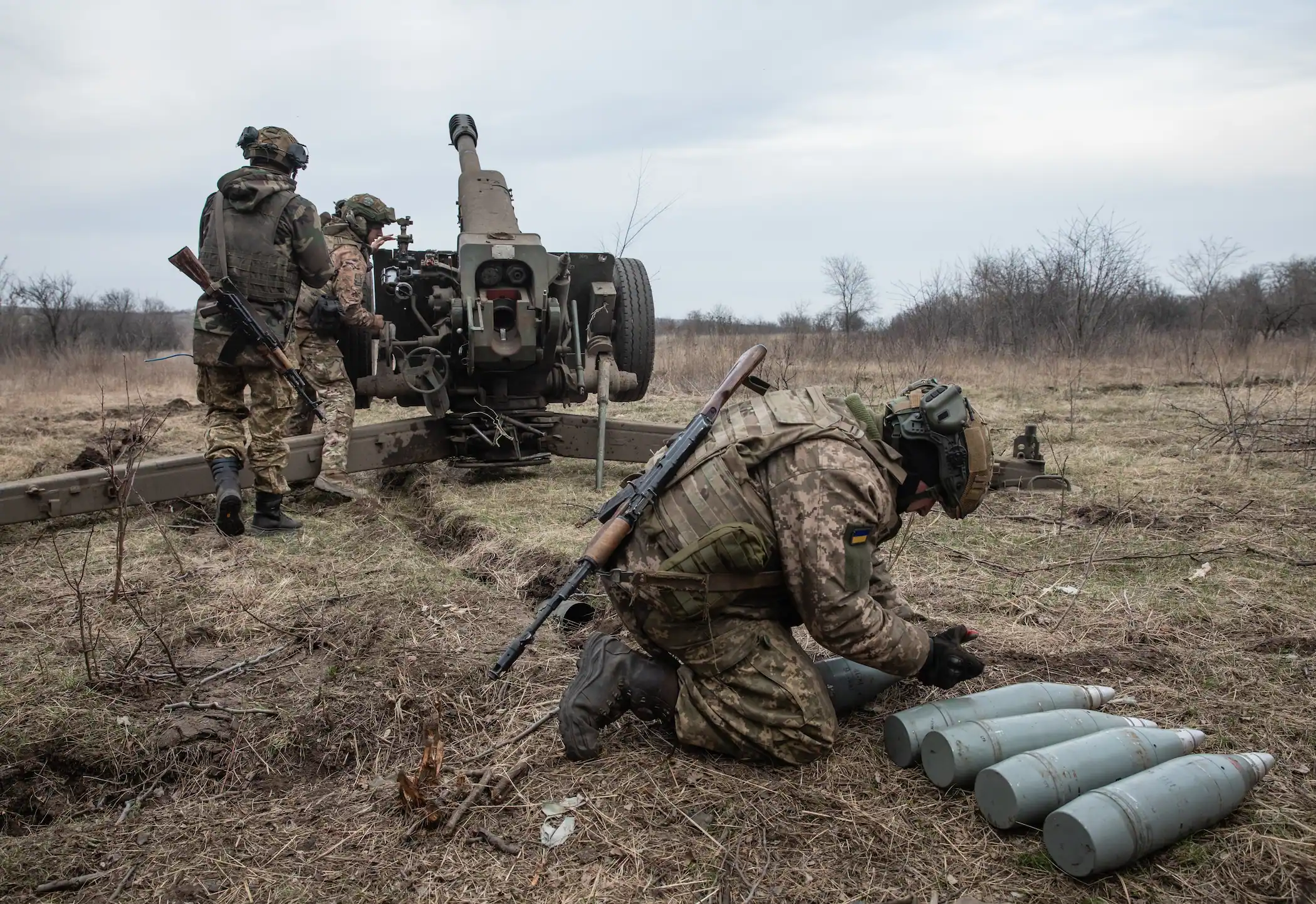




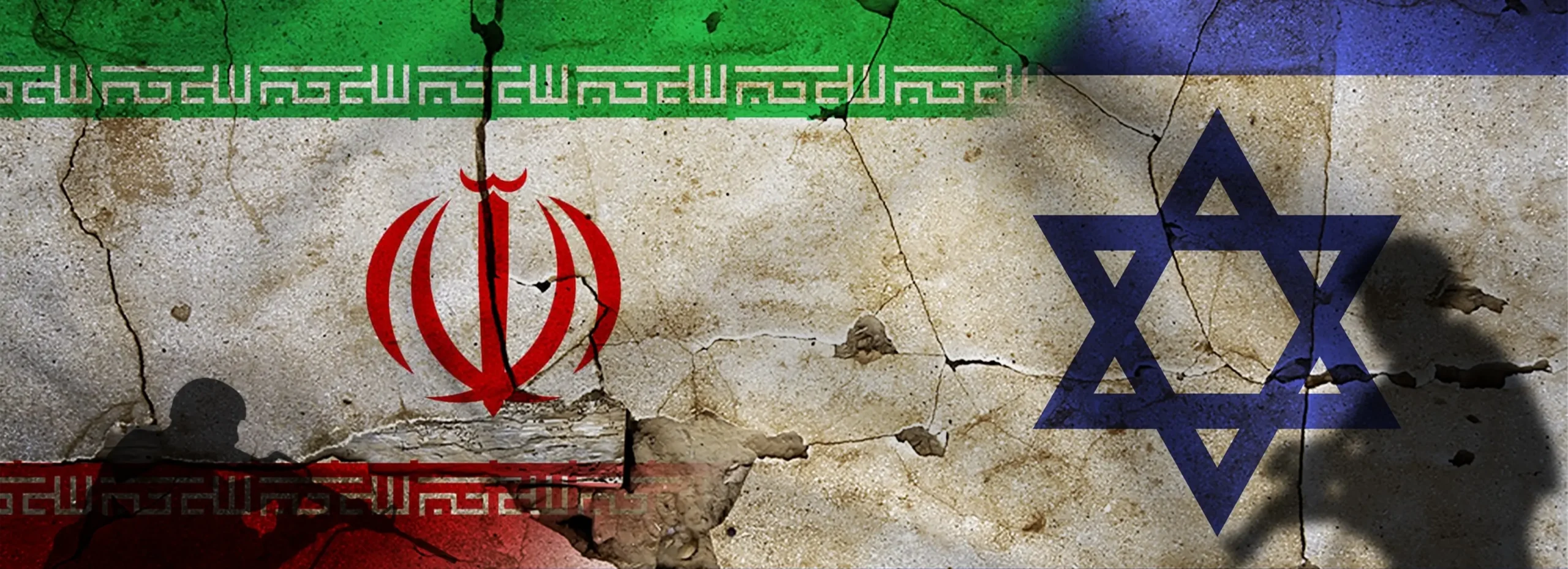
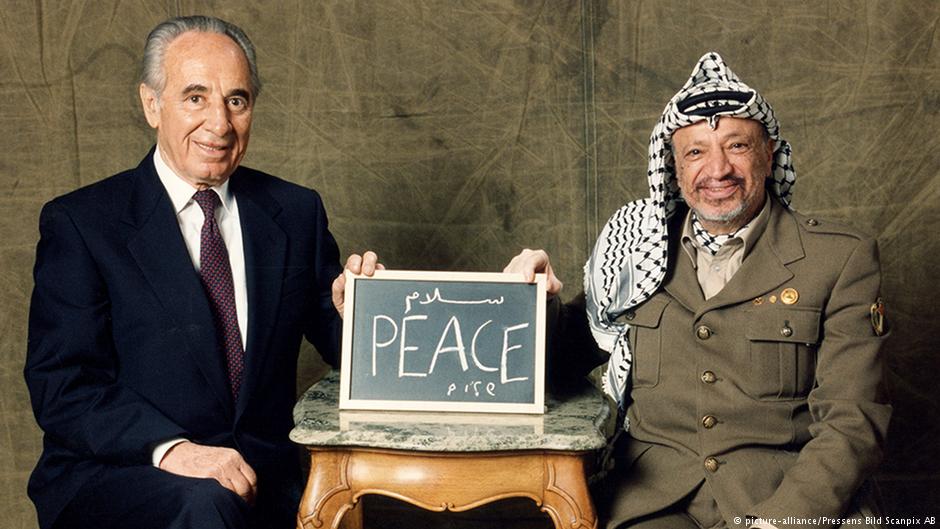
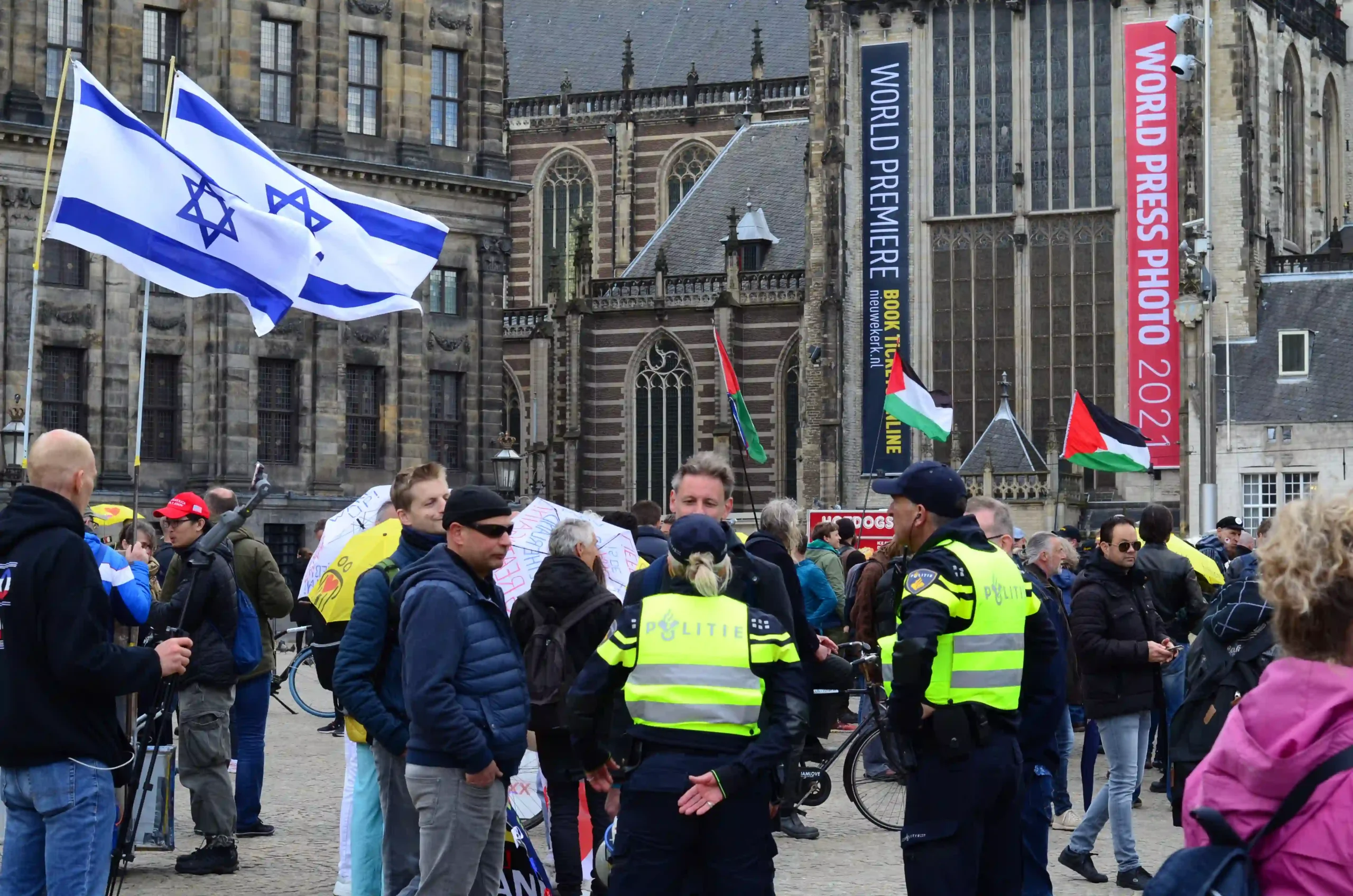
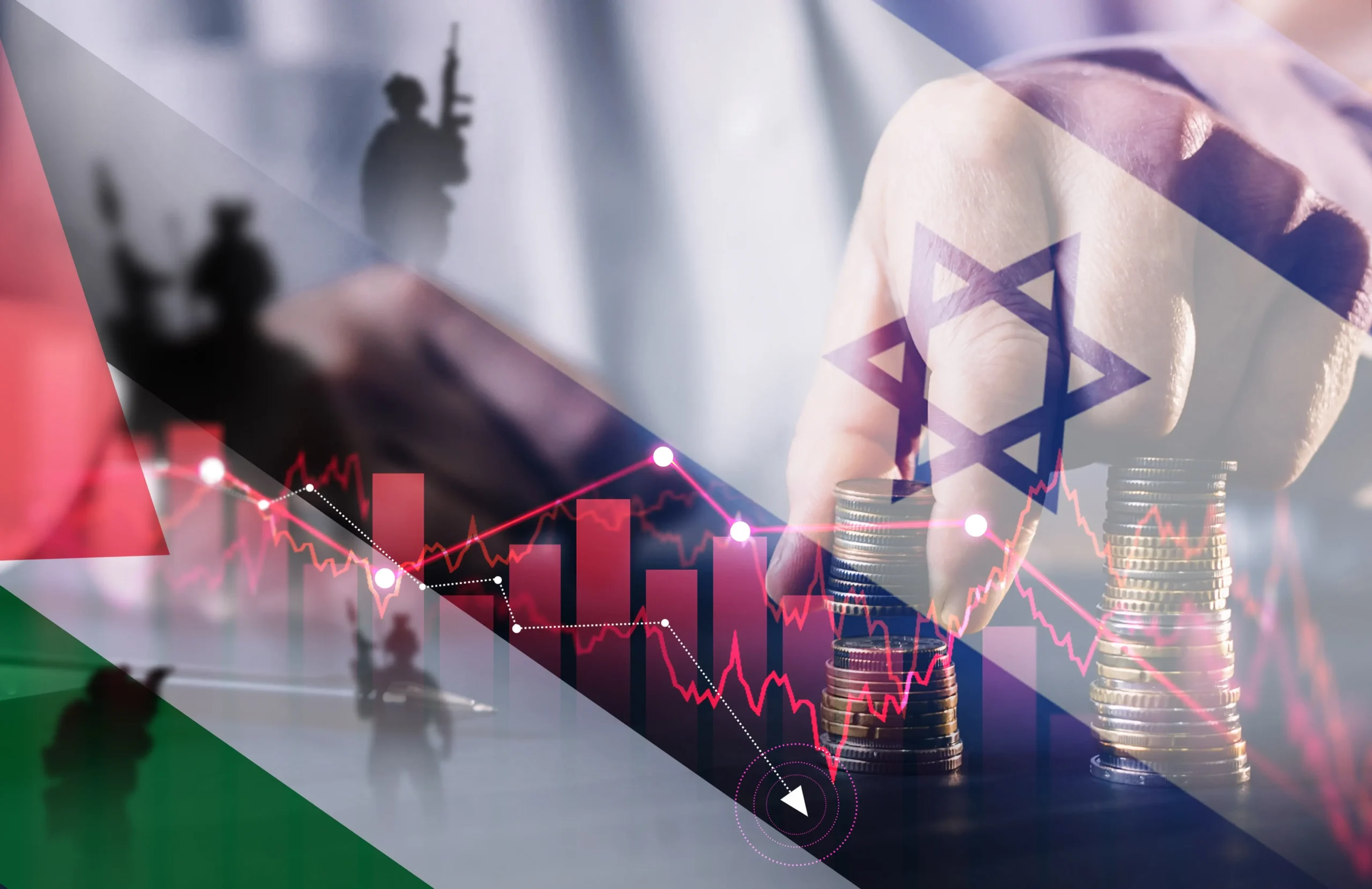
Comments